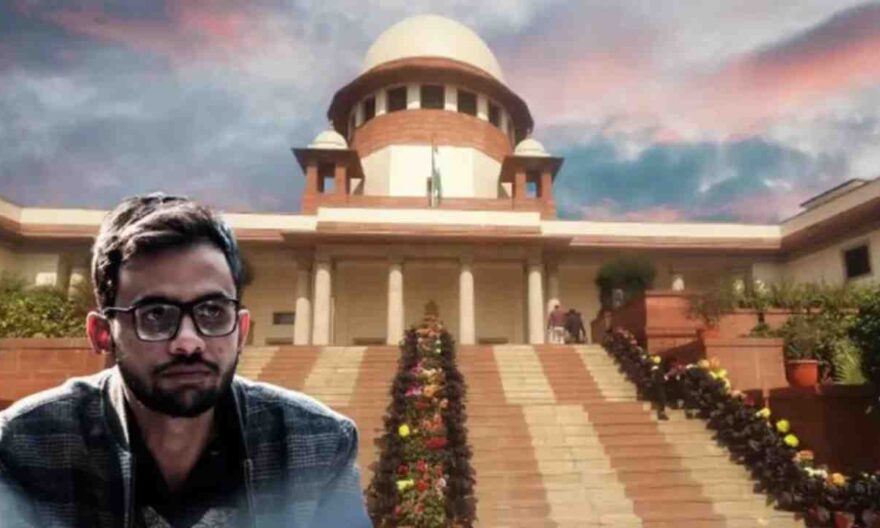
The Supreme Court on Tuesday adjourned the hearing on Umar Khalid’s bail plea for four weeks.
Khalid, a former JNU student, faces charges under the anti-terror law UAPA in connection with the alleged conspiracy behind the February 2020 northeast Delhi riots.
A bench of Justice Aniruddha Bose and Justice Bela M Trivedi told senior advocate Kapil Sibal, who is representing Khalid, that a detailed examination of the case is necessary.
“In this matter, we will have to go document-by-document. You file something on what is the evidence available with regard to the charges,” the bench stated.
On August 9, 2023, Justice Prashant Kumar Mishra of the Supreme Court had previously recused himself from hearing Khalid’s plea.
Khalid’s petition challenges the Delhi High Court’s October 18, 2022 order, which rejected his bail request, citing his ongoing contact with co-accused individuals and the prima facie validity of the allegations against him. The high court also categorized the actions of the accused as a “terrorist act” under the Unlawful Activities (Prevention) Act.
Khalid, along with Sharjeel Imam and others, faces charges under the UAPA and various sections of the Indian Penal Code, accused of being the “masterminds” behind the February 2020 riots, which resulted in 53 fatalities and over 700 injuries. The violence occurred during protests against the Citizenship (Amendment) Act (CAA) and the National Register of Citizens (NRC).
Khalid, who was arrested by the Delhi Police in September 2020, sought bail on the grounds that he had no criminal involvement in the violence and no conspiratorial connections with other accused parties. The Delhi Police, opposing Khalid’s bail plea in the high court, argued that his speeches were “very calculated” and touched on contentious issues such as the Babri Masjid, triple talaq, Kashmir, the alleged suppression of Muslims, and the CAA and NRC.




